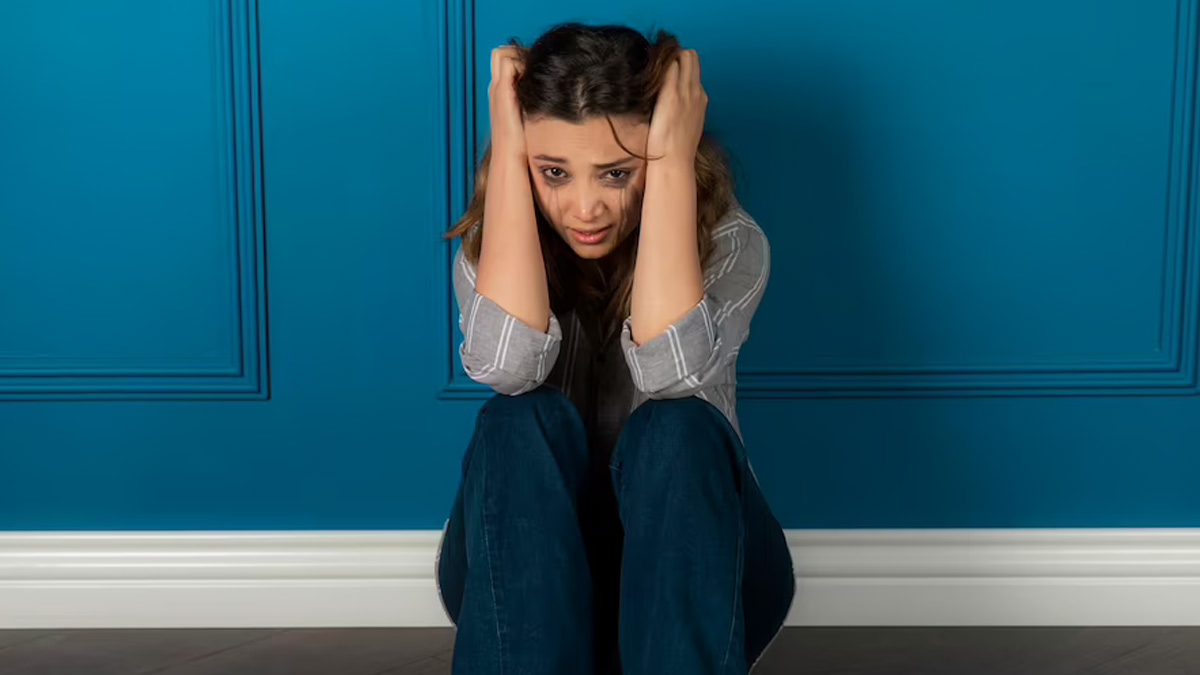
Autophobia, also known as monophobia or isolophobia, is a specific phobia characterised by an intense and irrational fear of being alone or isolated. People who suffer from autophobia may experience severe anxiety or panic attacks when they find themselves in situations where they feel alone or separated from others. This phobia can have a profound impact on a person's daily life, making it difficult to perform routine activities or interact with others in social situations. In this article, we will explore the symptoms, causes, and treatment options for autophobia.
Table of Content:-
Symptoms of Autophobia
Autophobia is a complex phobia that can manifest in different ways depending on the individual. Some people may only experience mild anxiety when alone, while others may suffer from severe panic attacks. Verified by WebMdD following are some of the most common symptoms of autophobia:
- Fear of being alone or isolated
- Avoidance of situations that may lead to isolation or separation
- Anxiety or panic attacks when alone
- Difficulty sleeping without someone else in the room
- Excessive worry about being abandoned or rejected by others
- Fear of being forgotten or overlooked
- Physical symptoms such as sweating, trembling, or heart palpitations
- Inability to concentrate or focus on tasks
- Feelings of hopelessness or despair

Also read: Ayurvedic Tips For Healthy Kidneys & Strengthened Renal System
Causes of Autophobia
Like many phobias, the exact cause of autophobia is not entirely clear. However, according to the research Fear of Loneliness: Development and Validation of a Brief Scale published in Frontier, a combination of genetic, environmental, and psychological factors may contribute to the development of this phobia. Some possible causes of autophobia include:
1. Traumatic experiences
People who have experienced traumatic events such as abandonment, neglect, or isolation may be more prone to developing autophobia.
2. Family history
There is some evidence to suggest that autophobia may run in families, indicating a possible genetic component.
3. Anxiety disorders
People with other anxiety disorders, such as generalised anxiety disorder or social anxiety disorder, may be more likely to develop autophobia.
4. Depression
Depression can cause feelings of loneliness and isolation, which may contribute to the development of autophobia.
5. Personality traits
People who are naturally introverted or shy may be more prone to developing autophobia.

Also read: Ayurvedic Tips For Healthy Kidneys & Strengthened Renal System
Treatment for Autophobia
Fortunately, autophobia is a treatable mental condition. As per the reports of Medical News Today, there are several different treatment options available, including:
1. Psychotherapy
Cognitive-behavioural therapy (CBT) is a type of psychotherapy that is commonly used to treat phobias. CBT helps people identify and change negative thought patterns and behaviours that contribute to their phobia. Exposure therapy is a type of CBT that involves gradually exposing the person to the source of their fear in a safe and controlled environment.
2. Medications
Anti-anxiety medications or antidepressants may be prescribed to help manage the symptoms of autophobia. These medications can help reduce anxiety, improve sleep, and regulate mood.
3. Self-help strategies
There are several self-help strategies that can be used to manage autophobia. These may include practising relaxation techniques, such as deep breathing or meditation, staying connected with supportive friends and family, and engaging in regular exercise.
It is important to note that treatment for autophobia should be tailored to the individual. What works for one person may not work for another, so it is essential to work closely with a mental health professional to develop a treatment plan that is right for you.
Bottomline
Autophobia is a specific phobia that can have a significant impact on a person's daily life. However, with the right treatment, people with autophobia can learn to manage their symptoms and live a full and fulfilling life. If you are experiencing symptoms of autophobia, it is essential to seek help from a mental health professional who can provide the support and guidance you need to overcome your fear.
Also watch this video
How we keep this article up to date:
We work with experts and keep a close eye on the latest in health and wellness. Whenever there is a new research or helpful information, we update our articles with accurate and useful advice.
Current Version